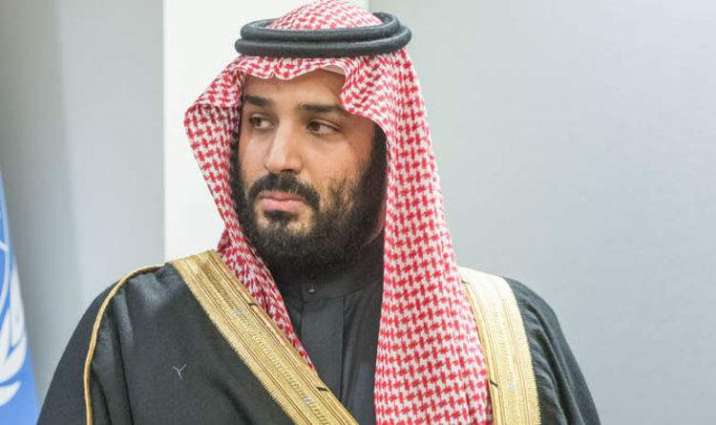A prominent human rights group has lashed out at Saudi Crown Prince Mohammed bin Salman, saying that important social reforms carried out under his authority were accompanied by deepening repression and abusive practices aimed to silence critics, on Monday
MOSCOW (Pakistan Point News / Sputnik - 04th November, 2019) A prominent human rights group has lashed out at Saudi Crown Prince Mohammed bin Salman, saying that important social reforms carried out under his authority were accompanied by deepening repression and abusive practices aimed to silence critics, on Monday.On November 4, Human Rights Watch (HRW) published a report, called "'The High Cost of Change': Repression Under Saudi Crown Prince Tarnishes Reforms," based on interviews with Saudi activists and dissidents since 2017, government statements, and court documents. The report demonstrates that Saudi authorities continue to target dissidents and activists since mid-2017 without being punished, which constitutes the weakness of the rule of law in the country, despite historic reforms for Saudi women and youth.
"Mohammed bin Salman has created an entertainment sector and allowed women to travel and drive, but Saudi authorities have also locked away many of the country's leading reformist thinkers and activists on his watch, some of whom called for these very changes," deputy middle East director at Human Rights Watch Michael Page, as quoted by a press release.
In June 2017, Saudi Arabia's King Salman appointed his son, Mohammed bin Salman, crown prince, which made him next in line to the Saudi throne and the country's day-to-day ruler. This coincided with positive changes, favoring a positive image for Mohammed bin Salman on the international political scene.
According to the group, the authorities at around the time of Mohammed bin Salman's promotion to crown prince began a series of arrest campaigns.
"They targeted prominent clerics, public intellectuals, academics, and human rights activists in September 2017, leading businesspeople and royal family members accused of corruption in November 2017, and the country's most prominent women's rights advocates beginning in May 2018. The arrest waves were often accompanied by defamation and slander of those arrested in the country's pro-government media," the group said.
Given the fact that arresting citizens for peaceful criticism of the government's policies or human rights advocacy is not new in Saudi Arabia, HRW stressed that a large number of people targeted by the government during a short period of time and new repressive practices made the post-2017 arrest waves notable. In particular, people were held at unofficial detention sites.
"... so-called corruption detainees held at the five-star Ritz-Carlton hotel in Riyadh from late 2017 into early 2018, and the prominent women's rights activists held at what they described as a "hotel" or "guesthouse" during the summer of 2018. Allegations have emerged of rampant torture and mistreatment at those sites," the rights group said.
The authorities also detained family members of Saudi dissidents and activists by hacking their online accounts. For example, Omar Abdulaziz, a Canada-based Saudi dissident, told Human Rights Watch that Saudi authorities arrested his two brothers in August 2018 to silence his online activism
Among other abusive practices, the right group pointed out extorting financial assets in exchange for releasing detainees and seeking the death penalty for the activity that does not resemble recognizable crimes.
According to the release, it was only in October 2018 when these practices conducted under the crown prince were given the international scrutiny amid the violent murder of Jamal Khashoggi, the Saudi journalist and Washington Post columnist, at Saudi Arabia's Istanbul consulate.
The release stated that a truly reforming Saudi Arabia should ensure via implementing new reforms that Saudi citizens enjoyed basic human rights, including freedoms of expression.




